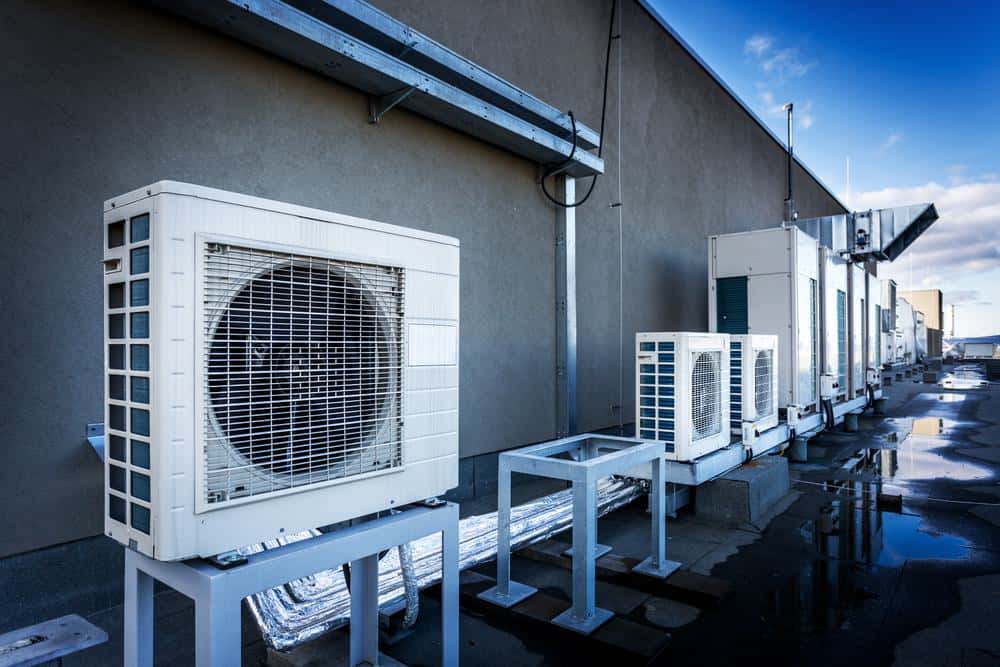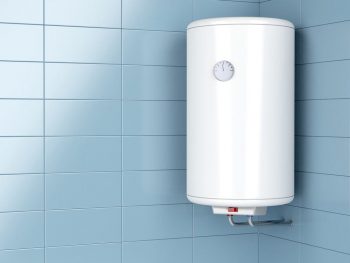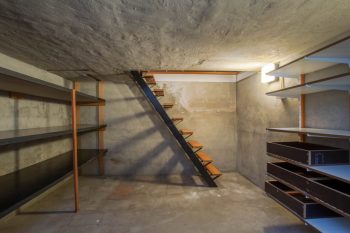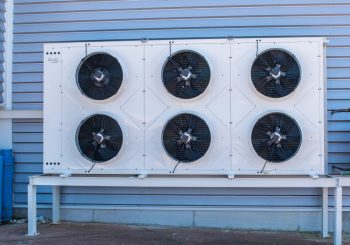
Willis Haviland Carrier, an American engineer, is widely recognized as the inventor of modern air conditioning. Born on November 26, 1876, in Angola, New York, Carrier’s innovative spirit and deep understanding of engineering led him to create an invention that would revolutionize the world and significantly impact our daily lives. However, the question remains: Why did Willis Carrier invent the air conditioner?
Willis Carrier invented the air conditioner to solve a humidity problem that was affecting the printing process at the Sackett-Wilhelms Lithographing & Publishing Company in 1902. His invention controlled the humidity and cooled the air, improving the working conditions and productivity. This invention later evolved and expanded beyond industrial applications, revolutionizing various industries and significantly influencing our daily lives.
Solving a Humidity Problem
In 1902, a Brooklyn-based printing company, Sackett-Wilhelms Lithographing & Publishing Company, was grappling with a pressing issue. The summer heat and humidity were causing the paper to expand, leading to misalignment of the colored inks. This problem was severely affecting their printing process and overall productivity. Willis Carrier, then a 25-year-old engineer working for the Buffalo Forge Company, was tasked with finding a solution.
Carrier’s answer was a system that controlled humidity using cooling coils. He designed a machine that not only removed moisture from the air but also cooled the air inside the plant, creating a more comfortable work environment and significantly improving the printing process. This invention was the first modern air conditioning unit, designed not for comfort but to solve a critical industrial issue.
The Evolution of Air Conditioning
Carrier’s initial invention was effective in solving the humidity problem. However, he recognized that it was not the most efficient way to control humidity and continued to refine the technology. In 1922, he developed the Centrifugal Refrigeration Compressor, a safer, smaller, and more powerful system. This invention is considered the precursor to modern air conditioning.
Over the years, the use of air conditioning expanded beyond industrial applications. In the 1920s, movie theaters began installing air conditioning systems to attract patrons during hot summer months. By the 1930s, air conditioning systems started to appear in residential homes, but it wasn’t until the post-World War II economic boom that air conditioning became more affordable and widespread in homes and businesses.
The Impact of Willis Carrier’s Invention
Willis Carrier’s invention has had a profound impact on various industries and society as a whole. Industries such as electronics, textiles, and candy manufacturing could not have flourished without the controlled environments provided by air conditioning. The entertainment industry also benefited significantly, with the introduction of air conditioning in movie theaters leading to the rise of summer movie blockbusters.
Furthermore, Carrier’s cooling solutions have played a crucial role in efficiently cooling data centers that power the internet and drive the modern global economy.
On a societal level, air conditioning has influenced building design and contributed to population growth in warmer climates, as it has made living in these areas more comfortable. The technology continues to advance, with innovations such as smart thermostats, variable-speed compressors, and environmentally friendly refrigerants, making air conditioning systems more efficient and sustainable.
The Legacy of Willis Carrier
Today, the Carrier Corporation, co-founded by Willis Carrier in 1915, is a world-leading provider of heating, air-conditioning, and refrigeration solutions. The company continues to innovate and shape the world we live in by leading with energy-efficient products and manufacturing practices.
Carrier’s invention has transformed various industries, improved lives, and changed the way people live and work around the world. His contributions continue to influence the development of energy-efficient products and practices in the HVAC industry.
In conclusion, Willis Carrier invented the air conditioner to solve a humidity problem in a printing company. His invention has since revolutionized various industries, improved personal comfort, and significantly influenced the way we live and work today.
Frequently Asked Questions
What is the Buffalo Forge Company where Willis Carrier worked?
The Buffalo Forge Company was an American firm that specialized in blacksmith’s forges, steam engines, and drilling machines. It was at this company where Willis Carrier was working when he was tasked with solving the humidity problem at the Sackett-Wilhelms Lithographing & Publishing Company.
Was Carrier the sole inventor of the air conditioner?
While Carrier is widely recognized as the father of modern air conditioning, it is important to note that he built upon existing concepts and technologies. His true innovation was in controlling both temperature and humidity, making his system practical for a wide range of applications.
How did the invention of the air conditioner impact the medical field?
With the advent of air conditioning, hospitals were able to provide a more comfortable environment for patients and more controlled conditions for certain medical procedures. It also opened the door for advancements in medical technology that required cool environments.
How does modern air conditioning contribute to energy efficiency?
Modern air conditioning systems are designed to be more energy-efficient, using less electricity for the same cooling effect compared to older models. Innovations such as smart thermostats and variable-speed compressors allow the systems to operate more efficiently by adjusting cooling based on need, further reducing energy consumption.
What were the environmental impacts of the original air conditioning systems?
Early air conditioning systems used refrigerants that were harmful to the ozone layer. However, modern systems use environmentally friendly refrigerants and are designed to be more energy-efficient, reducing their impact on the environment.












